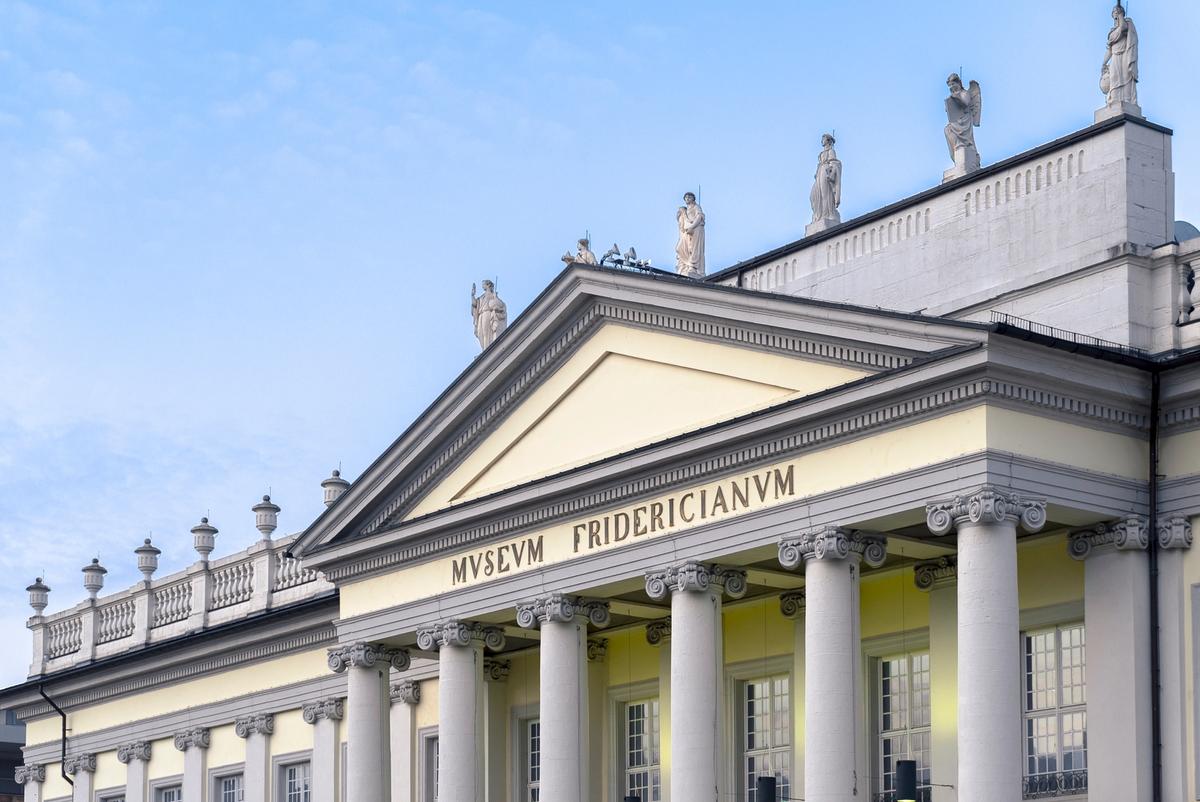The writer Ranjit Hoskoté has resigned from the finding committee responsible for choosing the curator of the next Documenta after revelations that he signed a 2019 statement by the Boycott, Divestment, and Sanctions movement (BDS), which aims to mobilise international support for Palestinian causes and put political pressure on Israel.
In a letter to Documenta’s new managing director, Andreas Hoffmann, Hoskoté described the accusations of antisemitism against him as “monstrous” and said he has frequently spoken out against cultural boycotts of Israel.
He said he felt judged in a “kangaroo court” and pressurised “to accept a sweeping and untenable definition of antisemitism that doesn’t differentiate between the Jewish people and the Israeli state, that conflates the Jewish people with the Israeli state; and that, correspondingly, misrepresents any expression of sympathy with the Palestinian people as support for Hamas.”
The German parliament in 2019 passed a resolution describing BDS as “antisemitic”. In an interview with the Süddeutsche Zeitung, German culture minister Claudia Roth described the statement Hoskoté signed as “clearly antisemitic and loaded with Israel-hostile conspiracy theories.”
The “Statement against consulate general of Israel, Mumbai’s event on Hindutva and Zionism” described Zionism as a “racist ideology calling for a settler-colonial, apartheid state where non-Jews have unequal rights.” Hoskoté, who was born and is based in Mumbai, India, said his signature was a protest at the attempt to equate Zionism with Hindutva, or Hindu nationalism.
During the last Documenta, which took place in 2022 and was curated by the Indonesian artists’ collective ruangrupa, the organisers had to remove several works containing antisemitic imagery. The managing director of the show was forced to resign and a member of ruangrupa was asked to explain in the German parliament how events had taken this course.
The exhibition ended with an open letter from the curators and artists involved saying “we are angry, we are sad, we are tired” of what they described as “the chaos, hostility, racism and censorship that have engulfed this edition of Documenta.”
The organisers of Documenta 16, which is scheduled for 2027, have promised to address the antisemitism on display in the previous edition, including making organisational changes to prevent it happening again.
“The events of summer 2022 cannot be repeated,” Hoffmann said in the statement about Hoskoté’s departure.
In the Süddeutsche Zeitung interview, Roth threatened to withhold funding from Documenta unless “there is a common plan and visible reforms that result in clear responsibilities, a real possibility for the federal government to contribute and standards to prevent antisemitism and discrimination.”
In a separate development, Bracha Lichtenberg Ettinger, an Israeli artist and philosopher, has also withdrawn from the six-member panel, Documenta said. She had previously asked for the next committee meeting to be postponed, in light of Hamas’s attack on Israel and the Israeli response.
In a letter to the Documenta organisers, Lichtenberg Ettinger said she understood why that was not possible but felt she could no longer contribute. Lichtenberg Ettinger said her decision was not related to Hoskoté’s departure, Documenta said.
Hoffmann said Documenta’s board and shareholders are in intensive discussions on how to proceed with the selection process and the timetable after the loss of two members of the committee. The new artistic direction for the next Documenta was scheduled to be announced at the end of this year or in early 2024.
On 7 October Hamas terrorists crossed into Israel on a murderous rampage, killing more than 1,400 people and taking around 220 hostages. The Israeli military responded to these atrocities with a declaration of war against Hamas, launching airstrikes and placing Gaza under siege. More than 11,000 Palestinians have been killed—most of them civilians—according to figures from Palestinian health authorities cited by the BBC.


